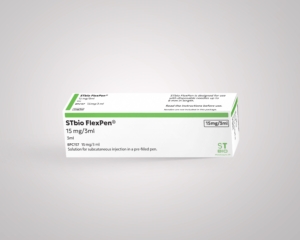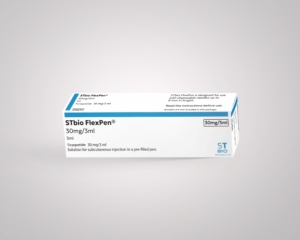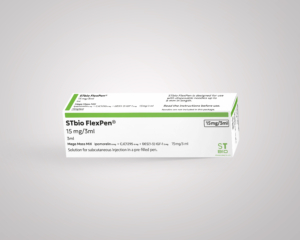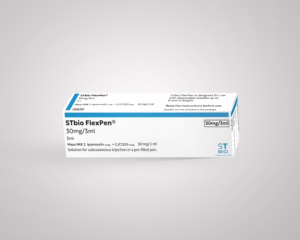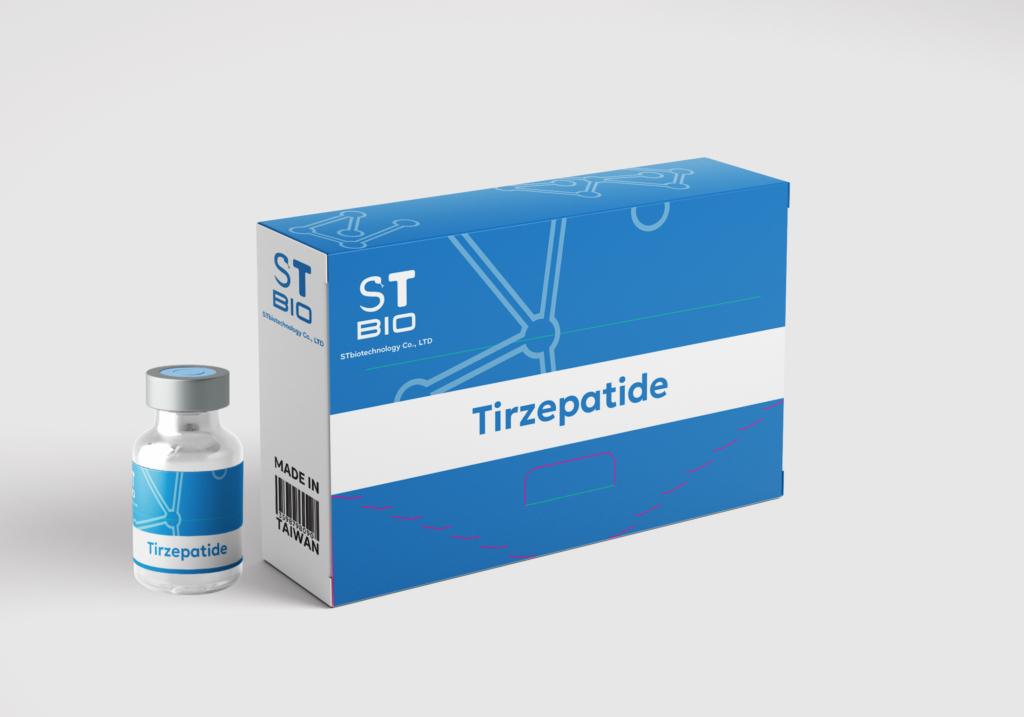
Tirzepatide
Tirzepatide is a dual agonist of the glucose-dependent insulinotropic peptide (GIP) receptor and the glucagon-like peptide-1 (GLP-1) receptor. It was approved by the U.S. Food and Drug Administration (FDA) in May 2022 for patients with type 2 diabetes (T2D).
The objective of this study was to evaluate the frequency of adverse events (AEs) associated with three investigated doses of tirzepatide.
The authors conducted a systematic review with a meta-analysis that included five databases (PubMed, Embase, CINAHL, Scopus, and Web of Science) covering all clinical trials reporting AEs related to tirzepatide. Safety data from individual studies were extracted and analyzed using meta-regression to assess the frequency of specific AEs. The quality of the studies was assessed using the National Heart, Lung, and Blood Institute’s Quality Assessment Tool for observational cohort and cross-sectional studies.
The review included ten studies (6,836 participants). Gastrointestinal disorders (GI) were the most frequently reported AEs and were dose-dependent, occurring in 39% (95% CI, 35%-43%), 46% (95% CI, 42%-49%), and 49% (95% CI, 38%-60%) of cases for 5 mg, 10 mg, and 15 mg doses, respectively. Nausea and diarrhea were the most common AEs across all tirzepatide doses. Treatment discontinuation due to AEs was most frequent at the 15 mg dose (10%). The frequency of mild hypoglycemia (blood glucose < 70 mg/dL) was highest with the 10 mg dose, at 22.6% (95% CI, 9.2%-39.8%). Fatal outcomes, severe hypoglycemia, acute pancreatitis, gallstone disease, and cholecystitis were extremely rare (≤1%) across all doses of tirzepatide.
Tirzepatide is associated with a dose-dependent increase in gastrointestinal disorders and AEs leading to treatment discontinuation. Severe hypoglycemia, fatal outcomes, acute pancreatitis, gallstone disease, and cholecystitis are rare when using this medication.

